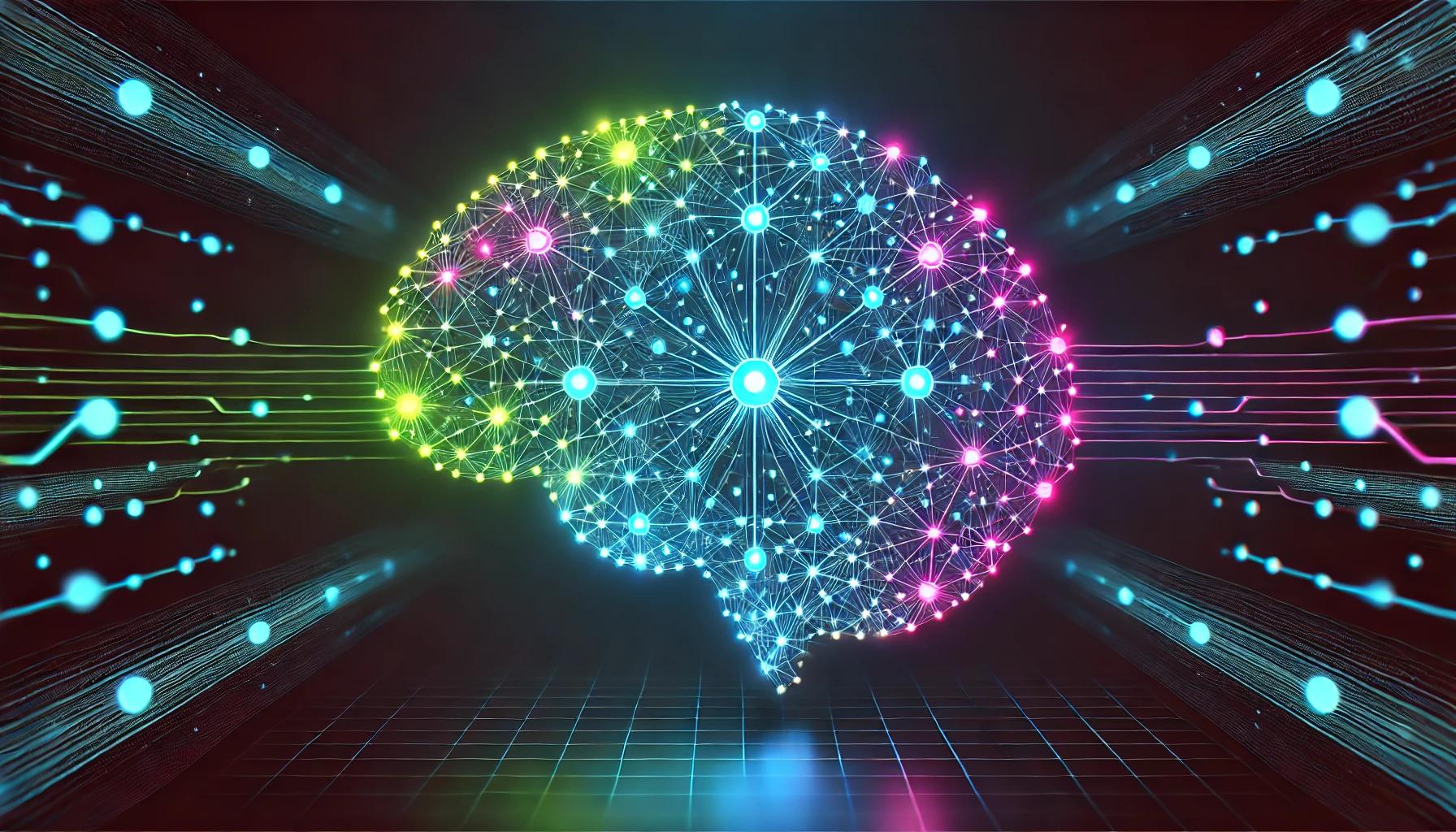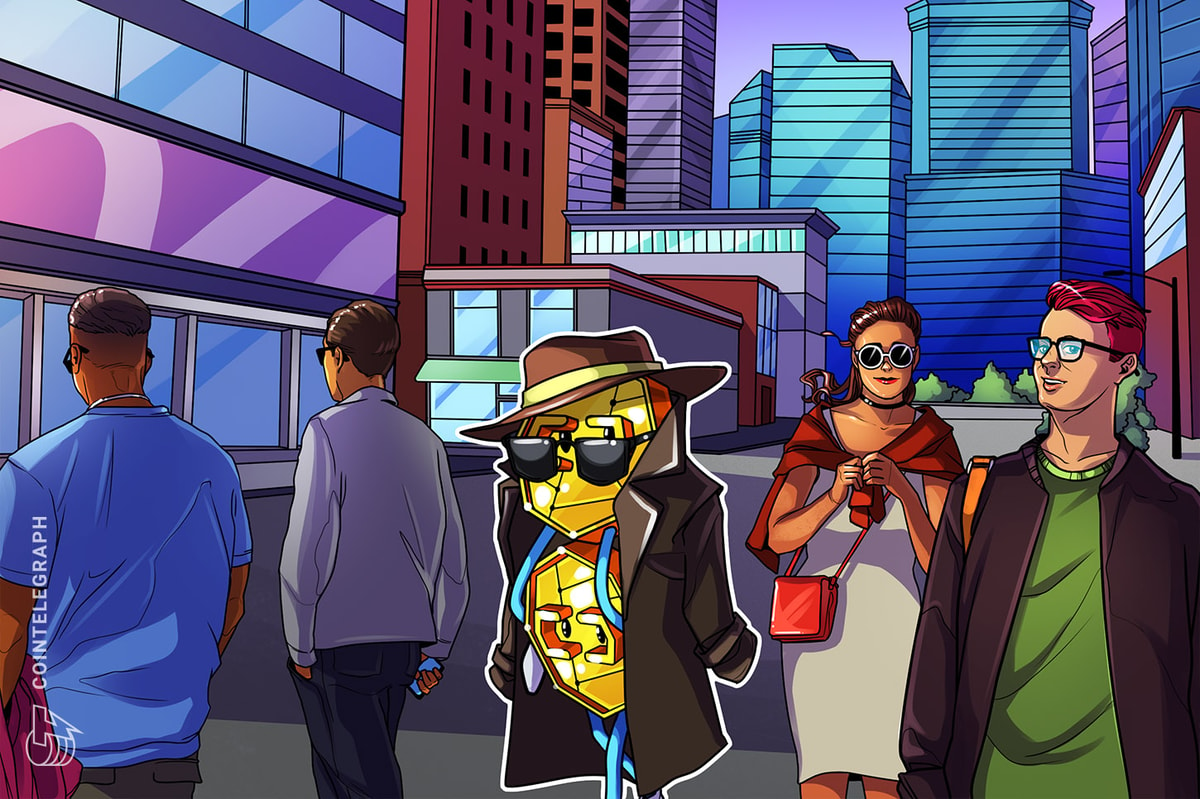
Bringing AI on-chain points to a possible path toward a more secure, transparent, and inclusive future.
Although the development of AI in the last few years has been exponential, completely changing how most industries function, the privacy and security concerns around AI will soon become major hurdles for the industry. Overcoming these issues early on will be key to ensuring that this technological revolution does not hit a roadblock, which could severely stunt its growth. The solution? Decentralize AI through blockchain.
The study and development of AI have been around for much longer than most people realize. The concept of AI came around as early as the 1950s, with John McCarthy coining the term at a workshop and later inventing the programming language LISP, which is still widely used today. Jump forward a few decades, and we now have personalized AI systems, similar to what Apple recently announced, at our fingertips.
But this rapid development has not been without its drawbacks. 2023 saw significant privacy concerns with AI, with OpenAI’s ChatGPT reportedly having user data leaks, raising concerns about the security and privacy of AI tools. This led to instances where, for example, Samsung banned ChatGPT on company property with fears of intellectual property being leaked, or Italy’s data protection authority temporarily banned ChatGPT nationwide due to concerns over breach of privacy rules.
The Convergence of AI and Blockchain
Decentralizing AI would bring a new standard of user safety, transparency, and a high degree of empowerment to AI. However, most people still misunderstand the concept of AI on blockchain. What we see as “AI on blockchain” today is a Web3 ecosystem that runs some of its processes on blockchain but offloads compute-intensive workloads, including the use and execution of AI, to pre-existing centralized platforms. Truly decentralized AI would mean building AI models on blockchain, where training, usage and execution occur through smart contracts, effectively making the AI much more secure, transparent and tamper-proof.
The benefits of AI on-chain are countless, and they solve the problems associated with centralized AI. The significant upside of it is security: decentralization of AI ensures there are no single points of failure, so malicious actors cannot easily subvert the system. Moreover, the transparency of blockchain guarantees that the processes through which AI makes decisions are verifiable and auditable, making the process generally trusted.
Data Privacy for the People and AI Democratization
Another key benefit of this is data privacy. Decentralized AI will give much-needed power back to the user, allowing them to understand and control what data is used to build these large models. With more clarity on what goes into the AI, primarily due to blockchain’s highly transparent characteristic, we reduce the risk of private data being used or abused, reducing potential security threats based on centralized data storage and processing.
Decentralization also fosters inclusive and democratized AI technology that is open to mass participation without the gatekeeping strategies of centralized entities. In other words, it will make the AI landscape a more level playing field, ensuring equity and greater innovation.
Performance and Scalability Trade-Offs
But despite these pros, there are difficulties in pushing AI on-chain. One such drawback is the cost of performance in decentralized AI systems. The inherent complexities of consensus mechanisms and distributed processing are precursors to speed and efficiency, meaning decentralized AI systems might not favorably compete with their centralized counterparts.
The need for each node in the network to reach a consensus before transactions are confirmed incurs latency and undermines overall performance. The scalability issues currently present in some blockchain technology will also be crucial to the successful execution of superior AI models. These two factors necessitate appropriate reparation in the blockchain backbone so that AI workloads can be run efficiently.
Decentralized AI Is a Question of When, Not If
On a macro level, AI hypergrowth is changing how we interact with the digital world and powering innovations in virtually every other industry. The centralization of AI does bring significant risks and challenges that decentralized AI has the potential to lessen. Bringing AI on-chain points to a possible path toward a more secure, transparent, and inclusive future, entirely dependent on how blockchain evolves to run AI effectively.
AI and blockchain integration will become the most critical single factor, by a wide margin, in launching a new wave in AI development. This intersection will solve current problems but open up new forms of innovation for decentralized and intelligent digital ecosystems. It provides the fundamental transformation of AI to empower people with innovation and drive toward a digital future. Despite facing challenges, decentralized AI heralds a future where technology works in the service of many, not just the few.
Dominic Williams is the Founder & Chief Scientist of DFinity Foundation, a major contributor to the Internet Computer Protocol (ICP) blockchain project.
Read More: thedefiant.io








 Bitcoin
Bitcoin  Ethereum
Ethereum  Tether
Tether  XRP
XRP  Solana
Solana  USDC
USDC  Dogecoin
Dogecoin  TRON
TRON  Cardano
Cardano  Lido Staked Ether
Lido Staked Ether  Wrapped Bitcoin
Wrapped Bitcoin  Hyperliquid
Hyperliquid  Sui
Sui  Wrapped stETH
Wrapped stETH  Chainlink
Chainlink  Avalanche
Avalanche  LEO Token
LEO Token  Stellar
Stellar  Bitcoin Cash
Bitcoin Cash  Toncoin
Toncoin  Shiba Inu
Shiba Inu  USDS
USDS  Hedera
Hedera  Litecoin
Litecoin  WETH
WETH  Wrapped eETH
Wrapped eETH  Polkadot
Polkadot  Monero
Monero  Binance Bridged USDT (BNB Smart Chain)
Binance Bridged USDT (BNB Smart Chain)  Ethena USDe
Ethena USDe  Bitget Token
Bitget Token  Pepe
Pepe  Coinbase Wrapped BTC
Coinbase Wrapped BTC  Pi Network
Pi Network  WhiteBIT Coin
WhiteBIT Coin  Aave
Aave  Uniswap
Uniswap  Dai
Dai  Ethena Staked USDe
Ethena Staked USDe  Bittensor
Bittensor  OKB
OKB  Aptos
Aptos  NEAR Protocol
NEAR Protocol  BlackRock USD Institutional Digital Liquidity Fund
BlackRock USD Institutional Digital Liquidity Fund  Cronos
Cronos  Jito Staked SOL
Jito Staked SOL  Internet Computer
Internet Computer  Ondo
Ondo  Ethereum Classic
Ethereum Classic